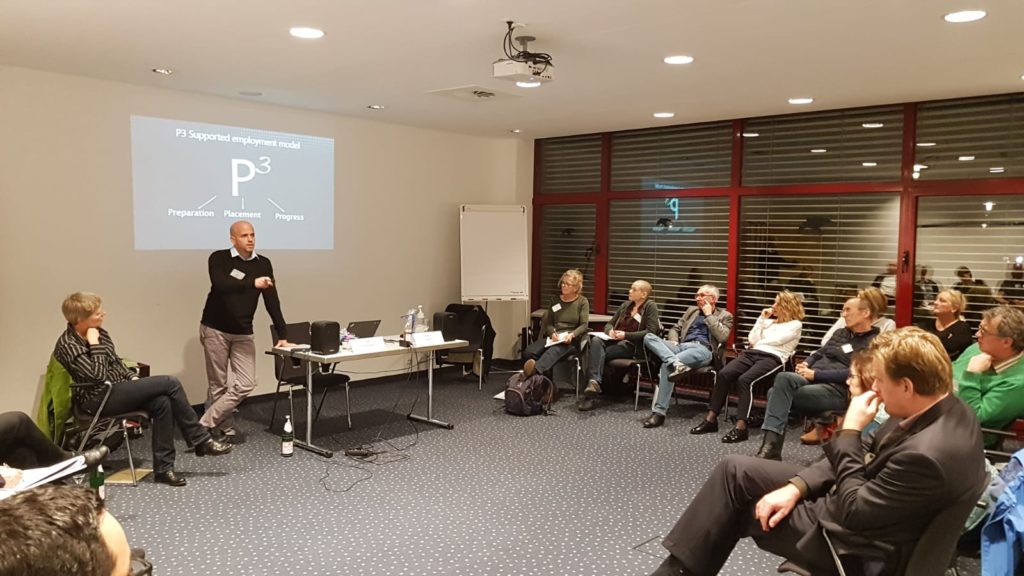
While our society, labor market, and leisure activities have become increasingly digital, many people with disabilities and vocational barriers are left behind. The DPQ helps service providers assess, evaluate, and train to maximize the digital proficiency of their service users and clients.
Implemented successfully in Israel, Germany, and Spain, the DPQ is now available for scaling.
The Digital Proficiency Questionnaire for People with Disabilities (DPQ) is based on the theoretical framework of The Digital Competence Framework For Citizens (Dig.Comp) (EU Science Hub) and was developed in collaboration with its staff. We simplified the questionnaire to make it accessible to people with various disabilities and vocational barriers.
In today’s world, digital skills are critical to access almost anything. Looking for a job requires that we use LinkedIn and send CVs as email attachments. At industrial factories, inventories are managed by software. To commute, we use transportation apps for navigation and ticket purchases, and for entertainment, we book theater or movie tickets online.
We believe that poor digital literacy is one of the largest factors behind the lower participation of people with disabilities in the workforce and community life.
With ten questions, the DPQ classifies service users’ proficiency level into three categories: Beginner, Intermediate, and Advanced.
After finishing the necessary training modules for each proficiency level (each training module takes an average of four months to complete), the service user can fill it out again to ensure the requisite proficiency before moving to the next level of the training program.
We administered the DPQ to over 3,000 people with severe mental disabilities and discovered that 75% of our service users have smartphones, but do not know how to use all the functions. They feel frustrated that they cannot use their phones to maintain social connections and improve their vocational and employment status. Our data also revealed a digital divide among people with disabilities of particular cultural or religious backgrounds, and we adapted our training accordingly.
When we delivered the DPQ with linguistic adaptation to over 250 people with intellectual disabilities, we learned that most of them had smartphones and used basic features. However, many have found dealing with complex functions across different digital platforms challenging. These conclusions have helped us to further tailor and adapt our training process to the needs of our service users.
At the end of the “Advanced” training, users will know how to set up a video call with their job coach, how to transfer images files to a computer, how to use a social security web platform and local public transportation app, and how to open an email account and change its password. They will become independent individuals, capable of utilizing services to thrive in an increasingly digital world.
You will receive the following support from us:
Contact Ophir Peleg, Chief Global Officer, for more information at: [email protected]